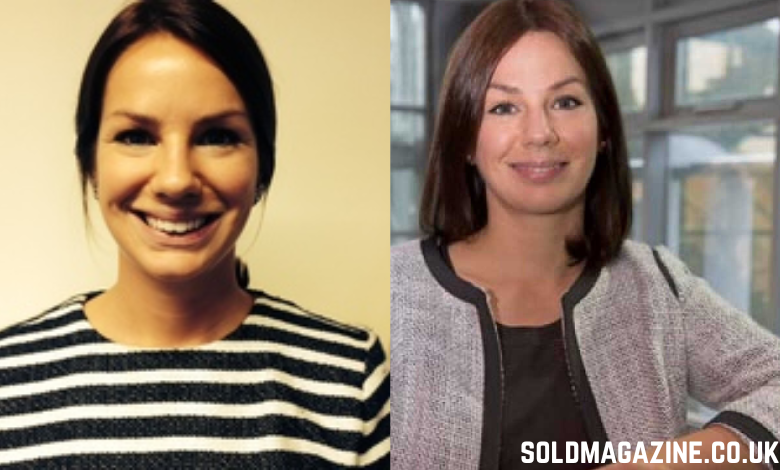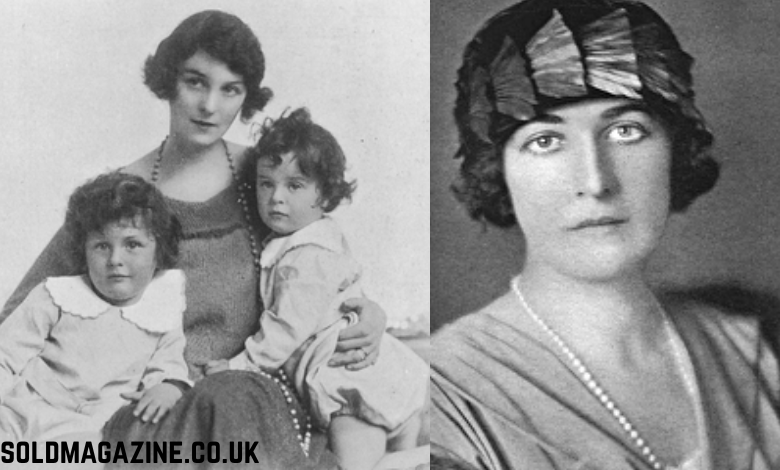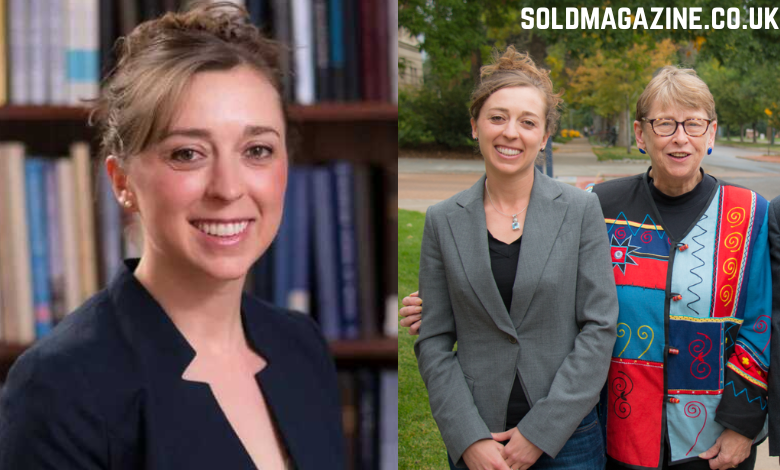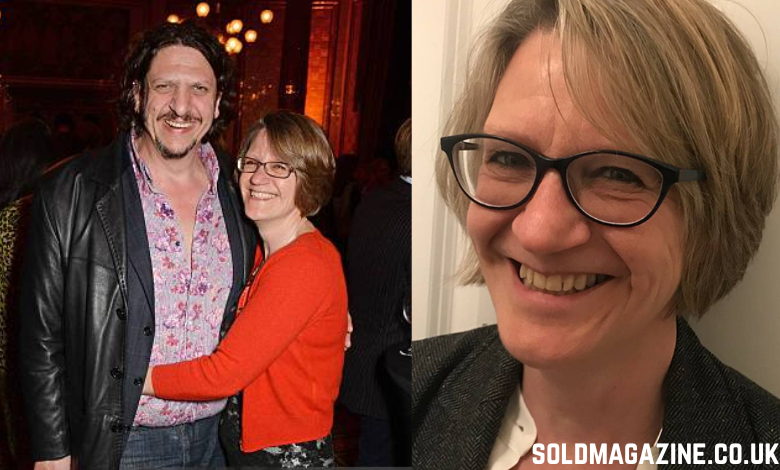Introduction
Charlotte Faircloth is an academic and researcher who has made significant contributions to our understanding of family life, childhood, and parenting. Her work focuses on how societal, cultural, and economic factors shape parenting practices and family dynamics. In this article, we’ll dive into Faircloth’s research, exploring her key areas of interest, academic background, and the lasting impact her work has had on both academia and public policy.
Who is Charlotte Faircloth?
Charlotte Faircloth is a respected scholar who specializes in the study of parenting, family dynamics, and childhood. Her research draws from sociology, anthropology, and psychology to explore how cultural norms, gender expectations, and socio-economic factors influence how parents raise their children. Faircloth’s work has been instrumental in challenging traditional ideas about parenting and childhood, emphasizing that these concepts are socially constructed and vary greatly across different cultures and social classes.
Faircloth’s approach is interdisciplinary, and she examines the intersection of gender, class, and cultural practices in shaping family life. Her work sheds light on how parenting practices are not just personal choices, but also shaped by broader social expectations and pressures. This perspective has led to important insights into how families navigate the complexities of modern life.
Academic Background and Early Career
Faircloth’s academic journey began with a focus on social sciences, earning her Bachelor’s degree in Social Sciences. She continued her studies with a Ph.D. in Social and Cultural Anthropology, which allowed her to further explore the ways in which culture and society influence family structures and child-rearing practices.
During her early career, Faircloth developed a strong interest in the societal pressures placed on parents, particularly mothers. She explored how these pressures are shaped by cultural norms and media portrayals of the “ideal” family. Her research highlighted the challenges faced by parents, especially those from marginalized groups, in meeting these societal expectations.
Key Areas of Research
Charlotte Faircloth’s research spans several key areas related to family life, childhood, and parenting. Let’s take a closer look at some of the primary topics she has explored throughout her career.
1. Gender and Parenting
One of Faircloth’s most significant areas of focus is the role of gender in parenting. In many societies, mothers are expected to take on the bulk of child-rearing responsibilities, often leading to feelings of pressure and guilt when they are unable to meet these high expectations. Faircloth has studied how gendered expectations influence how mothers and fathers interact with their children and how these roles are often shaped by cultural stereotypes.
Her research reveals that while the traditional view of the mother as the primary caregiver persists, there are growing shifts in parenting dynamics, with fathers becoming more involved in hands-on caregiving. However, these changes are often slow and met with societal resistance. Faircloth’s work provides a critical lens for understanding these gendered expectations and their impact on both parents and children.
2. Socio-Economic Status and Parenting
Another key area of Faircloth’s research is the relationship between socio-economic status and parenting practices. Faircloth has explored how families from different economic backgrounds approach child-rearing, with particular attention to the limitations faced by lower-income families. Economic constraints can impact a family’s ability to access resources such as education, healthcare, and extracurricular activities, which in turn affect a child’s development.
Faircloth’s work highlights the ways in which socio-economic status can create disparities in parenting, with wealthier families often having more resources and flexibility to make choices that align with their ideal parenting style. She argues that social policies and economic structures must take these inequalities into account to support all families in raising healthy and well-adjusted children.
3. Cultural Views on Childhood
Faircloth has also researched how different cultures define and approach childhood. Childhood is often seen as a time of innocence and dependence, but Faircloth’s work suggests that this view is not universal. Different cultures have varying expectations of children’s roles, responsibilities, and behaviors, and these cultural norms play a significant role in shaping how children are raised.
Faircloth has explored how Western societies’ view of childhood differs from other cultures, where children may be expected to contribute more to the family unit at an earlier age. By comparing these different cultural perspectives, Faircloth emphasizes that childhood is not a fixed concept but one that is shaped by societal norms and values.
4. Parenting in the Media
In today’s world, media plays a powerful role in shaping our perceptions of parenting. From parenting blogs to TV shows and social media, parents are constantly exposed to portrayals of what “good” parenting looks like. Faircloth has studied how these media representations can create unrealistic expectations for parents, particularly mothers. These portrayals often set a high bar for parenting that is difficult or impossible to meet, leading to feelings of inadequacy and stress.
Her research underscores the importance of critically engaging with media representations of parenting and questioning the societal standards they promote. By highlighting the role of media in shaping parental expectations, Faircloth’s work encourages a more realistic and inclusive view of parenting that values diversity and individuality.
5. Family and Social Policy
Faircloth’s work also touches on the intersection of family life and social policy. She has examined how policies such as parental leave, child welfare programs, and affordable childcare impact parents’ ability to care for their children. Through her research, she has shown how supportive family policies can make a significant difference in the lives of parents, particularly those from low-income backgrounds.
Faircloth advocates for policies that provide greater support for families, including paid parental leave and affordable childcare, to help parents balance their caregiving and work responsibilities. Her work emphasizes that when social policies align with the needs of families, they can promote better outcomes for both parents and children.
Impact and Contributions
Charlotte Faircloth’s research has made significant contributions to both the academic world and public discourse. Her work has been widely cited in academic journals and has influenced discussions on parenting, family life, and childhood. She has challenged traditional views of parenting and childhood, highlighting the importance of understanding the cultural, gendered, and socio-economic factors that shape these experiences.
Faircloth’s research has also contributed to the development of more inclusive family policies, particularly in advocating for the rights of parents, especially mothers, and the need for policies that support all families, regardless of their socio-economic status.
Legacy and Future Work
Charlotte Faircloth’s research continues to be influential in both academic and policy-making circles. Her work provides valuable insights into the complexities of parenting and family life, encouraging a more inclusive and nuanced understanding of these topics. As societal norms and expectations continue to evolve, Faircloth’s ongoing research will likely provide critical perspectives on how to best support families and address the challenges they face.
Conclusion
Charlotte Faircloth has made a lasting impact on the study of parenting, family dynamics, and childhood. Through her interdisciplinary research, she has provided a deeper understanding of how gender, class, culture, and media shape family life. Her work continues to inspire scholars, policymakers, and parents alike, encouraging a more critical and inclusive view of parenting that recognizes the diversity of family experiences. As the world continues to change, Faircloth’s insights remain crucial in shaping the future of family studies and social policy.
FAQS
1. Who is Charlotte Faircloth?
Charlotte Faircloth is a researcher and academic known for her work on family dynamics, parenting practices, and societal influences on childhood.
2. What areas does Charlotte Faircloth specialize in?
She specializes in sociology, anthropology, gender studies, and the cultural aspects of parenting, particularly focusing on family dynamics and childhood.
3. What has Charlotte Faircloth contributed to the study of parenting?
Faircloth’s research has significantly influenced understanding of gendered parenting, socio-economic impacts on child-rearing, and the cultural construction of childhood.
4. How has Charlotte Faircloth’s research impacted public policy?
Her research has highlighted the need for supportive family policies, such as paid parental leave and subsidized childcare, to improve family life.
5. What is Charlotte Faircloth’s stance on gender and parenting?
She examines how societal gender roles affect parenting, especially the unequal expectations placed on mothers and fathers in child-rearing.




